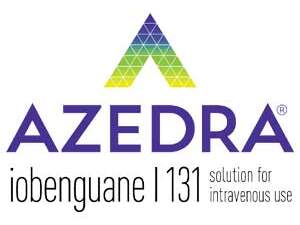Emergency contraception prescriptions for teens
AAP Recommends Emergency Contraception Be Available to Teens – Teen pregnancies have declined over the past few decades, but the United States continues to see substantially higher teen birth rates compared to other developed countries. Use of emergency contraception can reduce the risk of pregnancy if used up to 120 hours.

